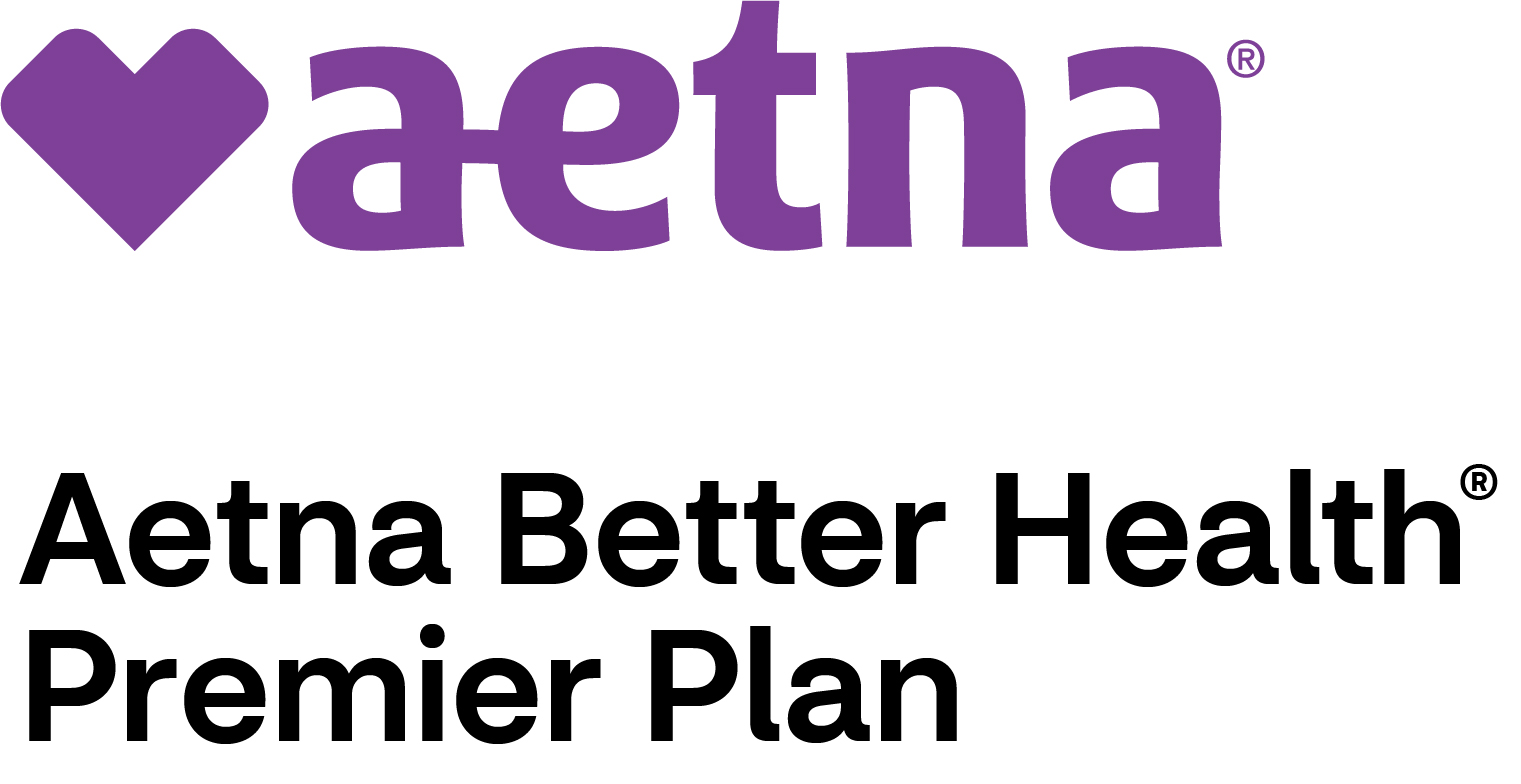Provider results
Kids Health
If you are looking for tips on how to keep your child well, this is the right place. Your children have different health needs. We don’t want to treat them like little adults. The links below will give you the right resources on child and youth health topics.
-
Well Child Visits - How does your baby grow?
-
Your children are not alike. They differ in the way they look and learn. Even if your children are not sick, they need to see the doctor often. Well-child visits can help your children stay healthy. Tests can find diseases early when they are easier to treat. These visits may include tests. Your child’s doctor can give these tests at the right time. You just need to bring your child in based on your child’s age. If your child has missed some well-child visits, do not worry, but do not delay.
Find out how often to take your child to the doctor for a well-child visit now >>
-
Immunizations - Are all those vaccines necessary?
-
Shots can prevent some fatal diseases. Baby doctors suggest that all healthy children be given shots. Take a look at our shot guide to see if your child is up to date with shots.
-
Lead Screenings
-
Your children are at risk if they come in contact with lead. Lead can be found in older house paints, soil, clay products, pipes, and solder. The Medicaid program rules say all children must be tested for lead. Tests are for ages 1 and 2 years old. All children above age 3 who have not been tested should be given a lead test. This test should be done at least once between the ages of 3 and 6 years. Those at high-risk may need to be checked more often. Your children are at high risk if they have a history of lead poison. Your children are at high risk if you live in an old home or apartment. Your child’s doctor can perform a lead test.
-
EPSDT (Early Periodic Screening, Diagnosis and Treatment)
-
This free program supports health care for infants, children and youth up to age 21. We give you the right resources to help check your child’s health. No prior approval is required if EPSDT services are given by your doctor or your local health department.
Services include regular well-child exams and blood lead level testing.
Vision exams identify vision problems. Treatment for bad vision may include eyeglasses.
Oral exams may be given by your primary care doctor, baby doctor or the family doctor. Your children will be sent to a dentist for relief of pain. They will also be sent for bad teeth, or tooth repair.
Hearing exams identify and treat hearing defects. They may include hearing aids.
-
KidsHealth
-
Visit KidsHealth this library of health information for families. It features thousands of medically reviewed articles, moving pictures, and stories. They are written in a way that makes them just right for parents, kids, and teens.

